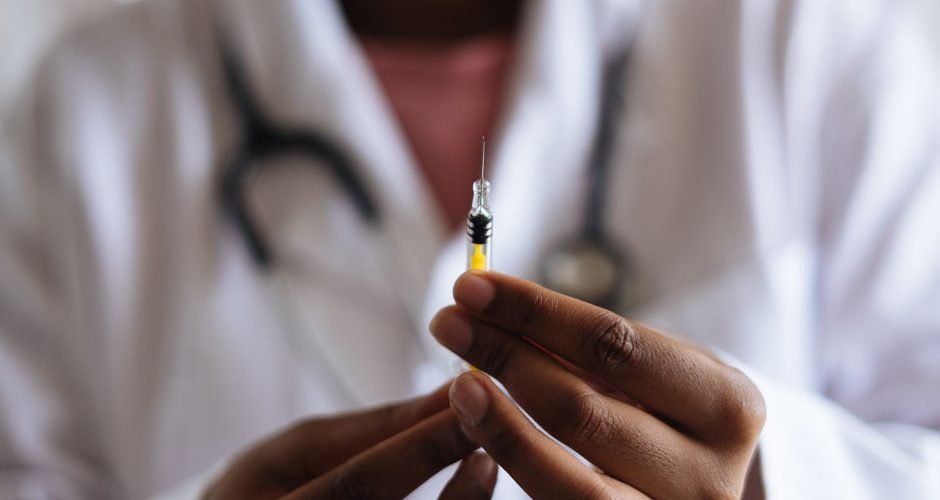Table of Contents
Understanding Health Product Claims and Research
Consumers must bypass the noise and focus on credible health product claims in a rapidly increasing wellness product market. The abundance of information — and misinformation — online demands astute scrutiny of any allegations associated with health products. A salient example can be seen with ASEA Reviews, where discerning the reality behind the product’s benefits is vital. A claim’s credibility is greatly enhanced by robust scientific support, such as clinical trials or longitudinal studies that have undergone peer-review rigors. Critical examination of these claims helps consumers steer clear of pseudoscientific promises, allowing them to make choices that contribute positively to their overall wellbeing.
Evaluating Sources: How to Identify Credible Health Information
Discerning credible health information from the suspect is critical amid the deluge of wellness narratives and supposed miracle cures. Acknowledged authorities produce reliable information, including academic institutions, medical journals, and regulatory agencies. The Federal Trade Commission (FTC) provides resources for evaluating health claims to assist the public. Their guide on Resources for Validating Health Claims aids in navigating the online environment with a more discerning eye, encouraging the pursuit of verified information and, thus, promoting safer consumer behavior within the context of personal healthcare.
Navigating the Sea of Health Product Reviews
The opinions of others, especially regarding personal health experiences, can be informative and deceptive. Reviews and testimonials are primarily subjective accounts and must be treated with caution. To accurately gauge the impact of a health product, one must differentiate the genuine product benefits from the personal experiences often colored by the placebo effect. This is not to discount user reviews entirely but to seek a more balanced and objective assessment that considers the larger context, including the dosage, duration of use, and any corroborating clinical studies.
Decoding Marketing vs. Actual Benefits
Marketing strategies in the health industry can be incredibly persuasive, often leading individuals to conflate promotional content with the actual benefits of a product. Yet, consumers must maintain vigilance toward these tactics. By interrogating the language of marketing, evaluating regulatory compliance, and scrutinizing ingredient lists, a more accurate picture of a product’s true potential can emerge. This analytical approach lets one discern which products offer authentic value beyond their promotional facades.
The Role of Health Professionals in Guiding Product Use
One of the most trusted resources in the health industry is the guidance healthcare professionals provide. As navigators through the complexities of health-related information, their advice—rooted in scientific evidence and clinical practice—can be invaluable. Consulting with a medical expert can help personalize the choice of health products, ensuring they are suited to individual health profiles and needs. This type of professional input is particularly crucial when the available information is overwhelming, or the product claims are contentious.
The Psychology Behind Health Product Purchases
Understanding the psychological factors that drive health product purchases is critical to resisting impulsive or emotionally driven decisions. Trends, marketing narratives, and peer recommendations can all influence a purchase. However, grounding these decisions in thorough research and professional advice creates a balance between emotional satisfaction and making thoughtfully informed choices about health and wellness products.
Consumer Rights and Protection in Health Product Purchasing
Consumer protection laws serve as an essential safeguard against false health claims and unethical marketing practices. Being informed about these rights equips consumers to navigate health product purchases confidently. Knowing pathways for reporting deceptive claims can also help deter unscrupulous practices and protect future consumers from misleading or harmful products.
The Scientific Backing Behind Health Supplements
Reliable scientific backing is the cornerstone of any legitimate health supplement claim. Rigorous testing through clinical trials, publication in recognized medical journals, and endorsement by health professionals are all commendable indicators of a product’s efficacy and safety. The National Center for Biotechnology Information (NCBI) is an invaluable repository for research, including a comprehensive body of work regarding dietary supplements, such as the Scientific Research on Supplements. A deeper understanding of such materials, shedding light on the nature and significance of their findings, can arm consumers with the knowledge necessary to distinguish between genuine benefits and mere statistical anomalies.
Case Studies: Health Products That Lived Up to the Hype
While research and professional advice provide a solid foundation for evaluating products, real-life testimonials can also offer valuable insights. Some health products have garnered overwhelmingly positive feedback through tangible results and documented user wellbeing and wellbeing improvements. The defining feature of such success stories is typically grounded in their scientific verification, including evidence of clinical trials and independent research, providing both qualitative and quantitative validation of their effectiveness.
Moving Forward: The Future of Health Product Innovation and Research
As we contemplate the future health and wellness landscape, innovation and scientific discovery will remain pivotal. Each year, new products emerge, accompanied by claims of enhanced benefits or breakthrough technologies. It is a consumer’s skepticism, complemented by optimism and the relentless pursuit of verified knowledge, that shapes the trajectory of health product efficacy and safety. Active participation in researching and understanding the products we use will continue to serve as the most reliable means of safeguarding our health interests in an ever-evolving market.





